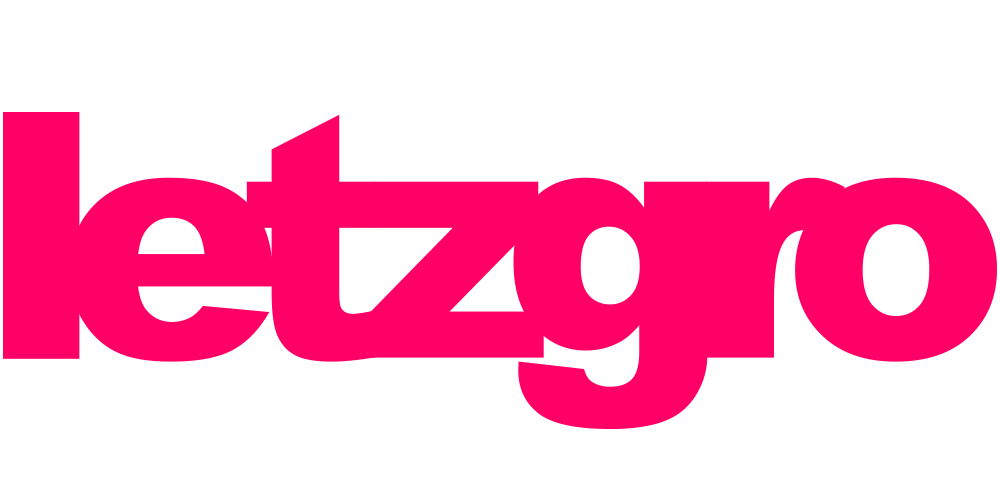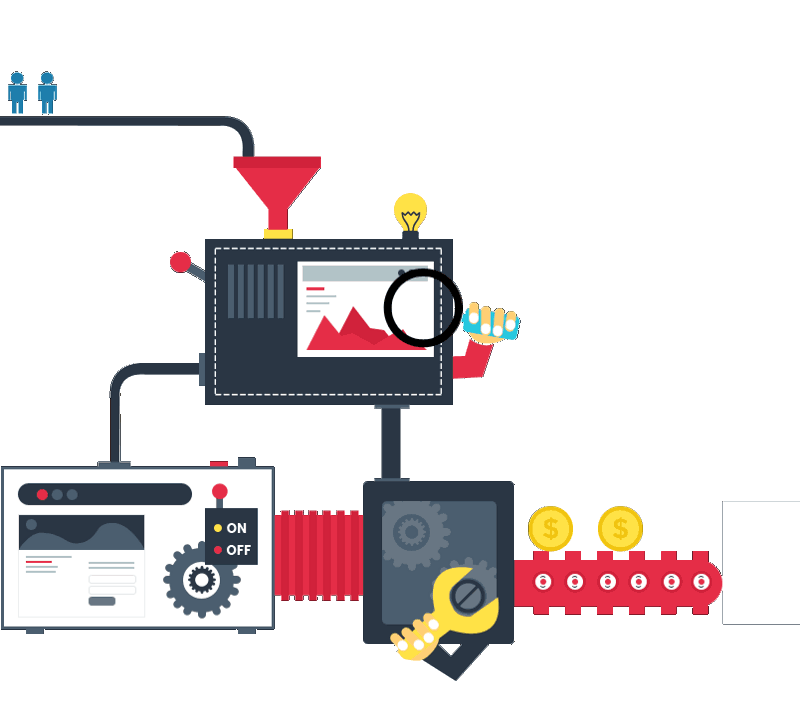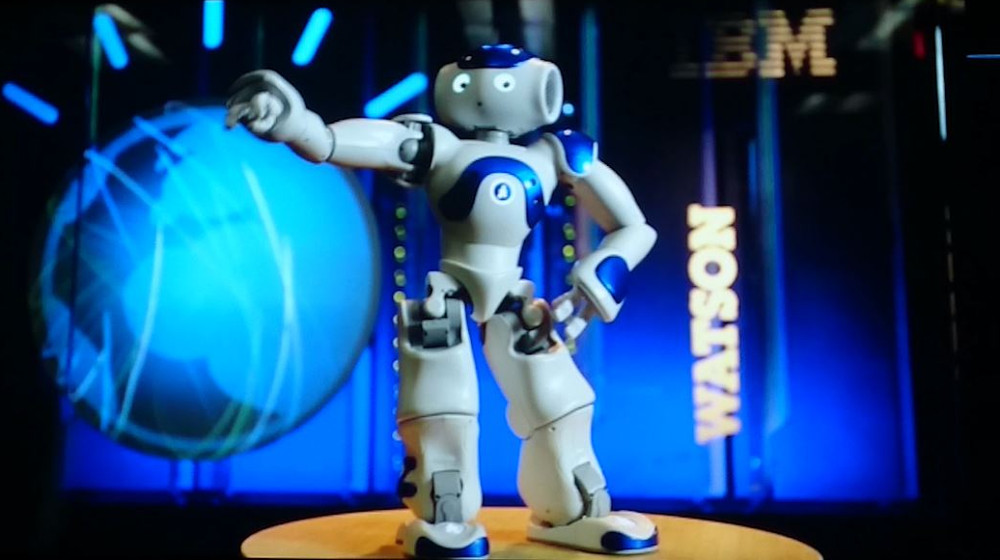No matter how great the talent or efforts, some things just take time.
You can’t produce a baby in one month by getting nine women pregnant.
Warren Buffett
What does being Agile mean for me?
Everyone is now “Agile” but very often everybody describes it in different ways.
I think a lot of companies and teams are adapting the methodology to make it work for their situations, and so I’m guessing a lot of them wouldn’t consider themselves pure Agile.
[announce]
During my career, I found out, that one of the interesting things about the management approach is not that it’s about good/bad, right/wrong but that it depends on the task, people and situation to be managed.
So, here are some fundamental principles that I use every day in my projects which help to make work more efficient.
Have the right team in place
A project without a good team cannot be successful. The job of the PM is to manage this team, to make it as efficient as possible. I try to find and use the strengths of the team and not pretend that they need to have all the answers themselves. I manage the team based on trust, the ability to have productive conflict, achieve commitment, hold people accountable and encourage, engage, learn and grow as we reach our collective results.
Focus on customer value
In my work I use the key principles found in the Agile Manifesto.
- People and interactions are more important than processes and tools.
- Functional products are more important than comprehensive documentation.
- Cooperation with our customers is more important than the originally formulated performance descriptions.
- Responding to changes is more important than sticking to a plan.
Set up the process
It’s a good factor which guarantees an “NO SURPRISE” situation, and when projects are built upon clearly defined processes. It means to set up the daily standup, planning, review, and retrospective meetings. They are excellent touchpoints for periodic check-ins with the work that is happening and reviewing with clients. The retrospective itself is the crown jewel, which enables the team to focus on continuous improvement, or “Kaizen”. We aim to collaborate with our clients rather than work for them at arm’s length and to have everyone on the team prioritize frequent delivery, reflection and iteration over exhaustive scoping and planning. In this case, we see a tangible difference in the quality of the work that we create and the development of projects built upon clearly defined processes.
Roles and Tools
We talk through all the roles, making sure they are consistent and prioritized. It means that every member on the team will know what the team expected of him through clearly defined responsibilities. Also, a central role is given to the backlog in Jira. We organize work based on the user stories structure of epics in Jira. Together with Confluence we communicate and collaborate with the team. We also use the Scrum board to visualize the progress of the stories.
Also, we are using MoSCoW prioritization method, which guides us through requirements during the development process.
We use Google Drive for keeping and writing documents, spreadsheets or presentations in a collaborative way. It allows making comments and having another layer of communication between members of the team.
Communication
Different organisations and projects have different needs, but communication and teamwork are perennial subjects that cause issues. Communication is key in any relationship. Successful relationships require trust and honesty. This happens by being completely transparent with the team and customer.
And, here is some good final advice (from Joel Peterson):
“Appreciate the people you work with, take care of your investors, celebrate successes along the way, communicate lavishly – good news and bad news, tell the truth, don’t try to maximize everything.”
That’s all folks!
Project management is like cooking fish: The more you do it, the more you can ruin it. You have to let the fish cook and enjoy it afterwards : )
About the Author
 Olga Moskal – Project Manager at Letzgro. A young and ambitious worker, amicable and team-centered at the core. Has led countless projects and probably as many sleepless nights with us at Letzgro. She chose to share her views about project management in a friendly and easy-to-read way that we hope you’ll enjoy.
Olga Moskal – Project Manager at Letzgro. A young and ambitious worker, amicable and team-centered at the core. Has led countless projects and probably as many sleepless nights with us at Letzgro. She chose to share her views about project management in a friendly and easy-to-read way that we hope you’ll enjoy.


